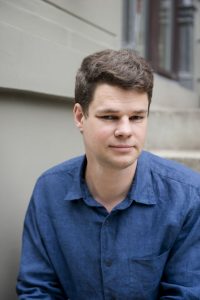
Name and Surname
Arseniy Kumankov
Affiliation
Independent Institute of Philosophy
Contact email
adkumankov@gmail.com
Short Biography
Arseniy Kumankov specializes in war studies, ethics of war and peace, political and social theory. He has been a research scholar in politics at Princeton University since 2022. In 2024, he taught courses on Russian politics and political theory at UMass Amherst. Arseniy received his Ph.D. in philosophy from HSE University (Moscow) in 2014. Between 2013 and 2022, he taught at the Moscow School of Social and Economic Sciences (Shaninka) and at HSE University, where he was deputy dean for research at the Faculty of Humanities and associate professor. Arseniy has authored numerous articles in Russian and English, as well as three books in Russian, and is the editor of the book series of the New Literary Observer (NLO) publishing house. Arseniy is a member of EuroISME, Concerned Philosophers for Peace, and the Independent Institute of Philosophy.
Research abstract
Citizenship in the 21st Century: Meaning and Responsibilities
The 21st century has transformed traditional notions of citizenship, reshaping how individuals relate to their states, societies, and the global community. Moreover, while the scholarship on citizens’ political responsibilities in developed democratic states is extensive, much less attention has been paid to the role of citizens in countries facing democratic backsliding or non-democratic regimes, especially concerning their political obligations and accountability for their governments’ wrongdoings. My project proposes to explore the evolving meaning of citizenship and the corresponding responsibilities of citizens in a world increasingly defined by a wide range of challenges, three of which are listed as key thematic foci (economic, environmental, and digital issues).
The primary aim of this project is to address two central sets of problems: First, what are the essential characteristics of citizenship in the modern world? And second, what are the political responsibilities of citizens in non-democratic states, particularly in the context of their state’s wrongdoings?
